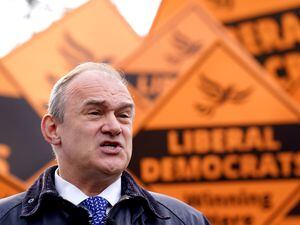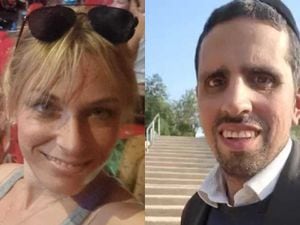Profiles – Who are the Labour deputy leadership candidates?
Five are vying for the number two role.
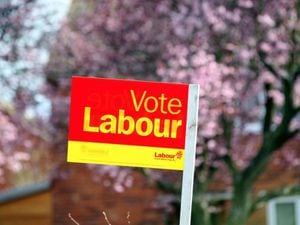
The five candidates to replace Tom Watson as deputy leader come from different wings of the party.
– Dr Rosena Allin-Khan
As an MP Ms Allin-Khan still sometimes works shifts at the south London hospital where she worked as an A and E doctor before being elected to represent Tooting in a 2016 by-election.
Born to a Pakistani father and a Polish mother, Ms Allin-Khan said she “grew up in poverty” and was able to go to Lucy Cavendish College at Cambridge University to study medicine thanks to scholarships brought in under Labour.
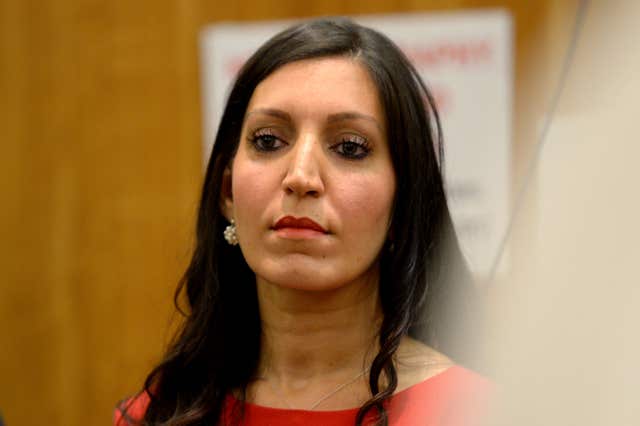
>
A former councillor, she has served on Jeremy Corbyn’s frontbench as a shadow culture minister – covering the sports brief – since 2017.
Styling herself a unity candidate, her policies have a strong focus on the NHS and she says Labour “must ditch ideological purity” to win power again.
She raised eyebrows during the campaign when she told ITV she would like to see a “ministry of fabulosity” set-up were she ever to become prime minister.
– Richard Burgon
Backed by John McDonnell and Diane Abbott, the shadow justice secretary is perhaps the most ideologically aligned to Jeremy Corbyn’s leadership of any of the candidates in the leadership contests.
He studied English Literature at St John’s College, Cambridge and later became an employment lawyer.
He became the MP for Leeds East in 2015 and was appointed as a junior minister in Mr McDonnell’s first Treasury team before he was appointed as shadow Lord Chancellor in June 2016.
In his manifesto, he promised to be a “campaigning deputy leader” and is seen as a continuity candidate for the current Labour leadership.
During the campaign, he proposed setting up a “Tony Benn University of Political Education” – after his political hero – to rival the London School of Economics.
– Dawn Butler
Born in east London to Jamaican immigrant parents, Ms Butler worked for the GMB union after school and was an employment and social issues advisor to former London mayor Ken Livingstone.
She was first elected as MP for Brent South in 2005 and served as a junior minister in the Cabinet Office under Gordon Brown.
She contested the new seat of Brent Central at the 2010 election but lost to Liberal Democrat former minister Sarah Teather. She regained the seat in 2015.
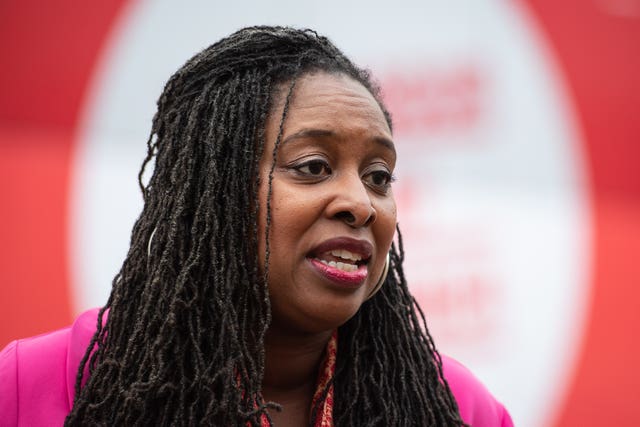
In 2017, she joined Mr Corbyn’s front bench team as shadow Women and Equalities minister.
In her pitch to be deputy leader, she said a more united party would have won the 2017 general election and urged discipline amongst parliamentary colleagues and not to go against the leadership.
– Ian Murray
Labour MP for Edinburgh South since 2010, from 2015 to 2017 – and since December 2019, Mr Murray has had the dubious honour of being the party’s only Scottish MP following landslide SNP victories in 2015 and 2019.
This accolade led him to be appointed shadow Scotland secretary under Harriet Harman’s temporary leadership and then he was kept on under Mr Corbyn’s leadership, before resigning alongside other shadow cabinet colleagues following the EU referendum in protest at the Labour leader’s strategy for the Remain campaign.
He studied social policy and law at Edinburgh University before going on to work in business.
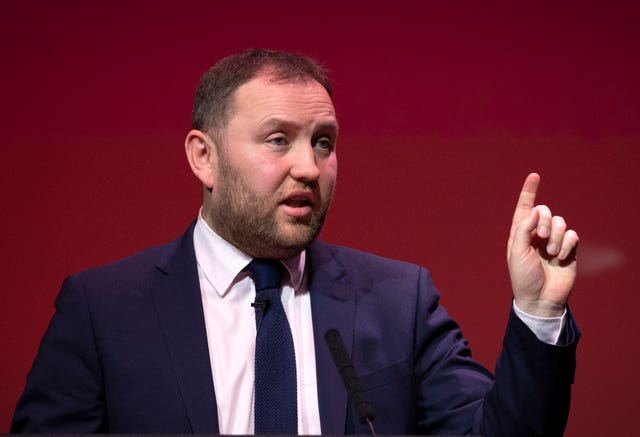
He has received the backing of two former Labour prime ministers, Tony Blair and Gordon Brown, and is perhaps the most centrist candidate in the race.
His manifesto urges Labour to become a “government of the future, not a protest movement of the past” and echoes many New Labour principles.
– Angela Rayner
The frontrunner throughout the campaign, having received the most nominations from MPs, constituency Labour parties and trade unions, Ms Rayner describes herself as a “socialist, not a Corbynite”.
Her political career began when she became a trade union representative for Unison while working as a care worker in Stockport.
She credits New Labour’s Sure Start centres with helping to turn her life around.
Having left school at 16 years old while pregnant with no qualifications, she was supported on a parenting course.
She later studied at college for qualifications in care work and sign language while looking after her young son.
Elected to Parliament for Ashton-under-Lyne in 2015, she quickly rose from being a junior shadow minister to being appointed shadow education secretary in June 2016 and has championed the headline policy of free tuition fees and setting up a National Education Service to provide learning “from the cradle to the grave”.
Her manifesto states that “Labour exists to win power” and sets out some of her priorities to help see the party back in power after a decade of opposition.

